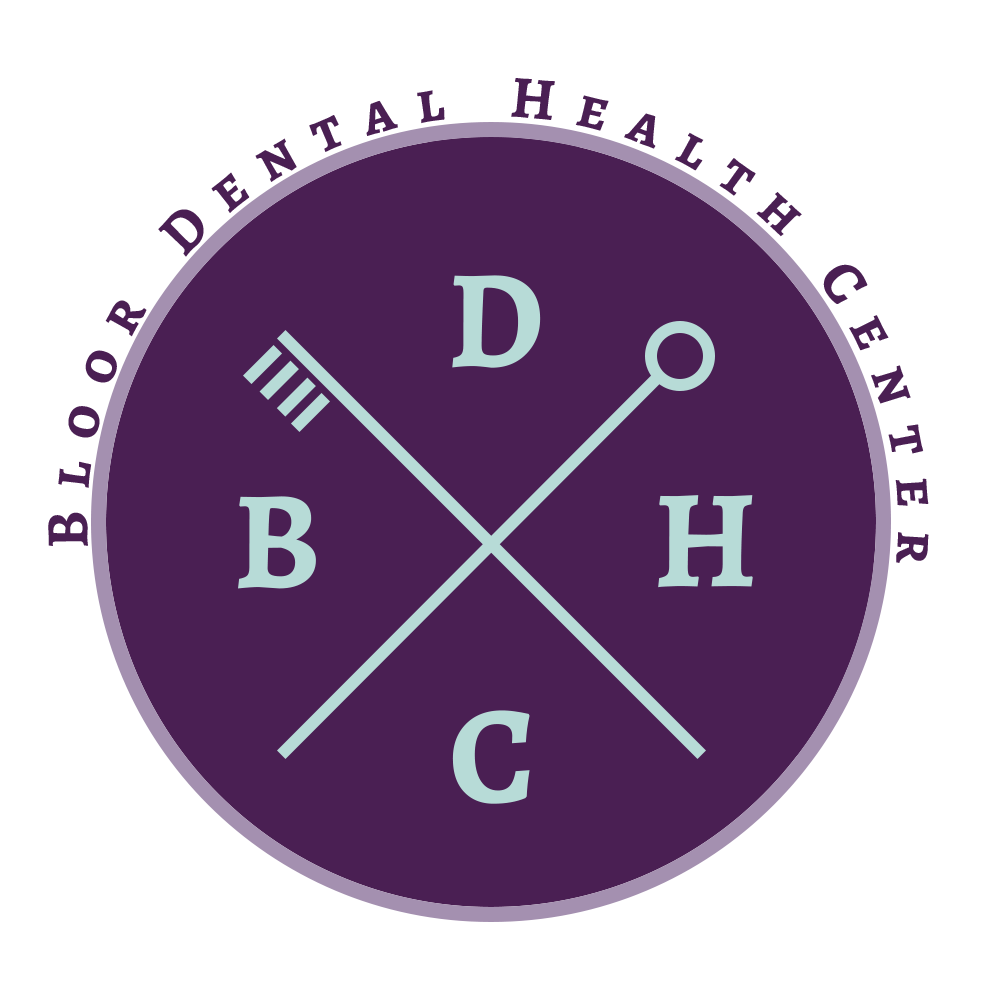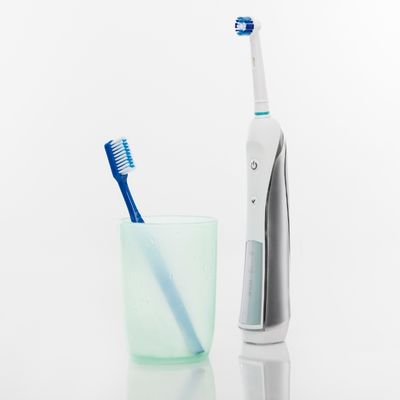

 |
Read on to learn how electric and manual toothbrushes work and which one you feel is best for you.
Traditional manual toothbrushes have been around for a long time and can be easily obtained at any drugstore or supermarket. They are simple but effective tools for cleaning your teeth if used to brush your teeth twice a day, every day.
Benefits of Manual Toothbrushes
Cons of Manual Toothbrushes
Although manual toothbrushes are commonly used, some people can brush their teeth too aggressively with them. Vigorous brushing or pressure might damage your gums and teeth.
Scientists have shown that those who use an electric toothbrush have healthier gums, less tooth decay, and preserve their teeth for longer than people who use a manual toothbrush. The bristles of an electric toothbrush rotate or vibrate to aid in removing plaque accumulation from your teeth and gums. Every time you brush your teeth, more micro-movements are possible because of the vibration. Due to busy lifestyles, most people don't brush often or long enough, so an electric toothbrush can benefit most lifestyles. Many electric toothbrushes have a built-in timer, which can help ensure that you are brushing your teeth for a sufficient length of time.
Benefits of Electric toothbrush
Cons of Electric toothbrush
All toothbrushes need to be replaced every three to four months according to the CDA (Canadian Dental Association).
At the end of the day, whether electric or manual brushes are a better solution for you depends on a variety of factors. Your dentist can help make a personalized recommendation to pick out the best toothbrush for you. Contact our office today!